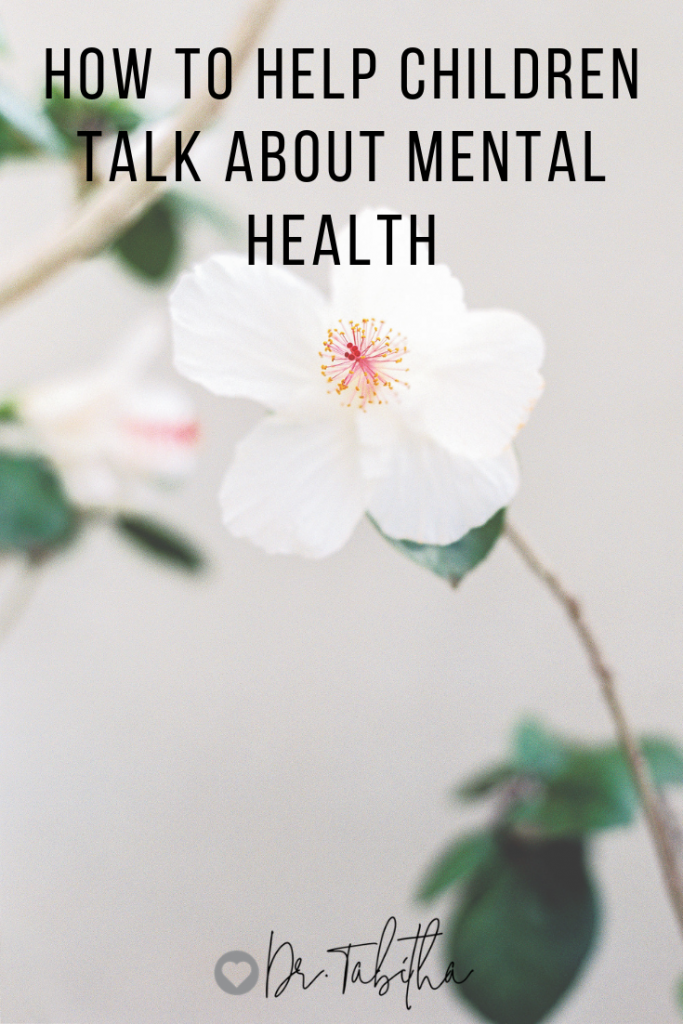
There is a saying that the role of parents and guardians is to “Prepare the child for the road, not the road for the child.” Understanding that children and teens can and will face mental health problems, we have a responsibility to help prepare them to meet and manage these struggles.
According to the National Institute on Mental Health, 8% of youth have an anxiety disorder. Additionally, suicide is the 3rd leading cause of death for children 10-24. As we understand more about mental health, it is clear, children are not exempt. Just as adults struggle with anxiety and depression, so do children.
Here are three ways to help your children talk about mental health:
Books
Books are an excellent way for children and teens to learn about challenging situations. They can provide names for difficult emotions and normalize the experience. There are picture books for preschool age and chapter books for older children. Topics can include areas such as ADHD, anxiety, trauma, grief, divorce, bullying, and self-esteem. You can buy books at a bookstore, download them to a tablet or check them out at your local library. Check out the Child Mind Institute to start exploring what books might be helpful for your kids.
Movies
Movies are another excellent resource for normalizing and understanding mental health. Kids can hear characters talking about their struggles, facing them, and getting help. Animated films such as Inside Out, which helps navigate big feelings, Coco, which explores the impact of dementia on relationships or UP, which tackles grief, can be utilized to start conversations. Watching these movies as a family can also provide a space to start talking about mental health with children of all ages.
Games
Games can be an great tool in helping children process and learn about situations and emotions they are facing. Games can take the pressure off and create a space for children to access their feelings. Games are fun and light-hearted, which can also help ease the tension or challenges. PBSKids offers dozens of games that can help specifically with feelings. As well, you can find more interactive games here for help with topics such as school, social media, and relationships. A simple internet search for mental health board games will also provide additional options.
To learn more about children and mental health, check out the National Institute of Mental Health or the American Psychological Association.






Leave a Reply
Your email is safe with us.